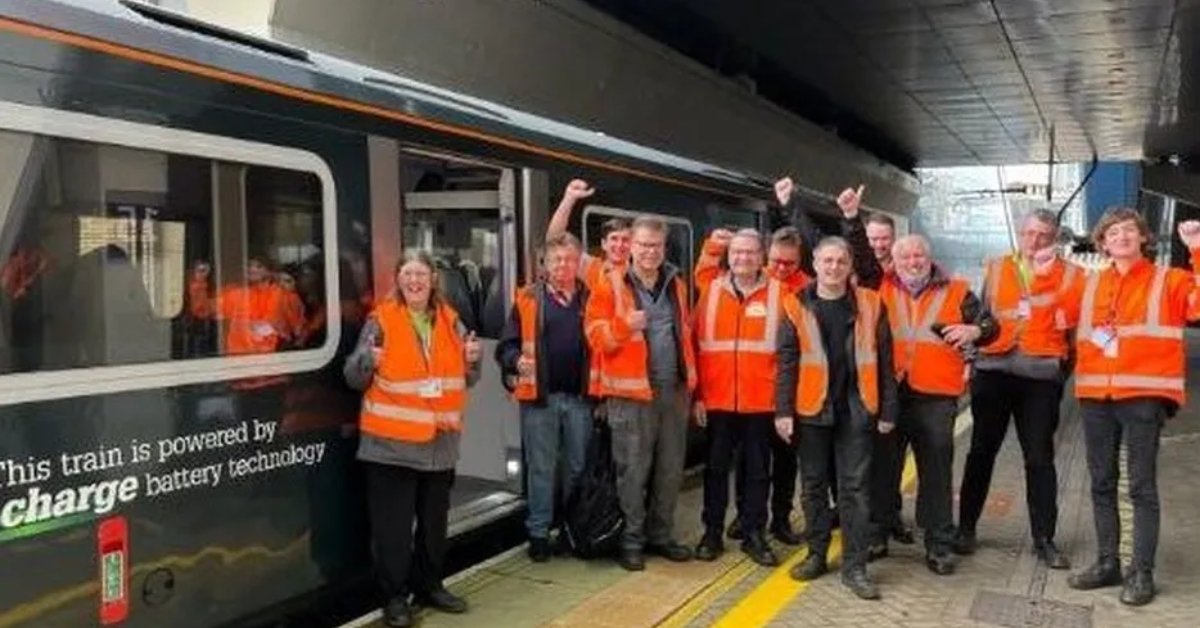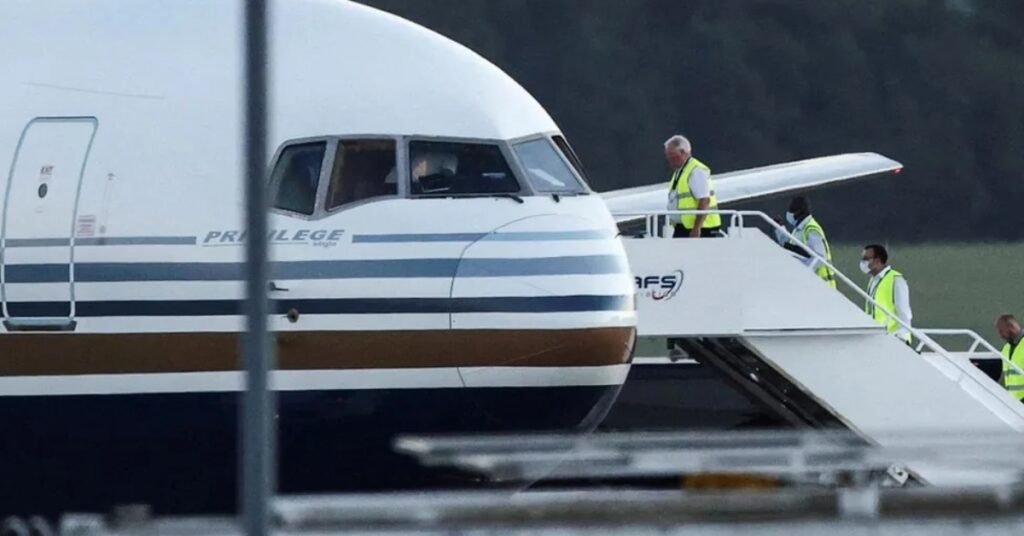GWR’s battery-powered train breaks UK record with an 86-mile journey, advancing sustainable, diesel-free rail travel towards net-zero by 2050.
Table of Contents
Innovative Test Proves Potential for Diesel-Free Future
In a groundbreaking development for the UK’s rail industry, Great Western Railway (GWR) has potentially set a new record with its battery-powered train during a test journey.
The remarkable feat underscores GWR’s commitment to pioneering sustainable transportation solutions.
Record-Breaking Journey
On February 14th, a test train powered solely by GWR’s FastCharge battery technology embarked on an 86-mile journey without the need for recharging.
This journey took the train through the scenic landscapes of Gloucestershire, Warwickshire, and Worcestershire.
Remarkably, just a few days later, the same train managed to travel 70 miles using only 45% of its battery capacity.
The route began at Long Marston, weaving through Evesham West Junction, Moreton-in-Marsh, Honeybourne North, and culminating back at its starting point.
These stations all connect to the vital line to London Paddington.
GWR’s FastCharge Battery: A Leap Towards Zero Emissions
GWR’s FastCharge battery technology is at the heart of these test journeys, allowing the company to claim the UK record for the longest distance travelled by a battery train without the need for a recharge.
This innovation is a significant step towards GWR’s ambitious goal to achieve net-zero carbon emissions by 2050.
Surpassing Expectations
The success of the test journeys has not only set new benchmarks but also surpassed the expectations of the engineering team behind the project.
Dr Simon Green, GWR’s Engineering Director, expressed his enthusiasm about the results, stating, “Achieving these distances gives us great confidence as we press forward with this industry-leading FastCharge technology.”
During the tests, the Class 230 battery train demonstrated its capability by completing a 70-mile move from Long Marston to Reading Train Care Depot on just 45% of its battery capacity.
The engineers aboard the test train believe that it could have travelled “more than 120 miles on a single charge.”
Real-World Conditions and Future Implications
Dr Green also highlighted the real-world conditions under which the 86-mile journey was completed.
The train reached speeds of up to 60mph and navigated routes with elevation changes of up to 200 meters, stopping and starting over a hilly terrain.
This not only proves the reliability of battery-powered trains but also their potential to operate efficiently in varied landscapes.
The successful implementation of battery-powered trains like the one tested by GWR could revolutionize the railway industry by eliminating the need for diesel fuels and overhead electric lines.
This shift towards battery technology is a critical step in reducing the environmental impact of public transportation and moving towards a more sustainable future.
As GWR continues to develop and refine its FastCharge technology, the implications for the broader rail network and the push towards sustainability are profound.
With these test journeys, GWR is leading the way in demonstrating the viability and efficiency of battery-powered rail travel, marking a significant milestone in the journey towards net-zero emissions.






